Without a doubt, one of the biggest driving forces behind the popularity of Pokemon cards is the beautiful artwork. It’s what made everyone on the playground want that illustrious Base Set Charizard, and it’s what makes old fans look back fondly at their collection. Quickly scanning Pokemon TCG online communities finds that this is still the case.

Related
Despite the series only starting with three illustrators (four if you count that one-off Porygon by Imakuni), they were talented enough to produce art that struck a chord with thousands of fans. The number of illustrators began to increase — more illustrators meant more fantastic art styles, which meant more beautiful cards to collect. Here are the best illustrators in the TCG.
Updated on January 9, 2024 by Casey Foot: With the launch of Pokemon TCG Pocket, more and more people are appreciating the wonderful art found in the Pokemon TCG. A lot of fantastic illustrators contribute to the art of the TCG, but these are the best of the best. We’ve added a couple more artists who deserve recognition for their work in bringing the Pokemon world to life.
18
Shinji Kanda
Shinji Kanda has been an asset to the Pokemon TCG ever since their debut. Their detailed backgrounds and use of vivid colors create illustrations that instantly catch your eye. While the full art cards are the main event, even the standard cards have gorgeous illustrations that are worth collecting.
Kanda is most famous for their full art Giratina card, which is heavily sought after by collectors and sells for a lot of money second-hand. The elaborate background of the illustration complements Giratina’s otherworldly design, creating a one-of-a-kind card.
17
Tika Matsuno
Tika Matsuno’s whimsical and pastel art style is perfect for the Pokemon universe. Matsuno’s art captures the cute side of Pokemon, with all their cards showing the Pokemon smiling or just generally being adorable. The backgrounds also add to the atmosphere, such as with their Ralts card, where it’s looking around in awe at the academy in Paldea.
Matsuno’s Fidough card is one of their best, if a little existential, showing the Pokemon looking at pastries in a bakery window that look just like it. Fidough looks as sweet as ever, and the card conveys a simple concept well.
16
Hyogonosuke
Hyogonosuke’s art style is very pleasing to the eye, with an expert use of lighting and an almost line-less style. Hyogonosuke’s cards of the Lake Guardians are particularly pretty, with sunset landscapes as the backdrops and sparkles surrounding the Pokemon, as if they’ve just splashed in the lakes.
While all of Hyogonosuke’s full art cards are excellent, two stand out for being different from their usual art style: the Koffing, where the entire card is just purple, black, and white, and the Moltres, Zapdos, and Articuno Tag Team card, which uses a stained-glass style to capture the legendary birds.
15
Akira Egawa
Akira Egawa has been illustrating for the Pokemon TCG since Sun and Moon in 2019. Their cards are characterized by Egawa’s incredibly detailed art style, with the Pokemon they illustrate being captured in dynamic poses that convey majesty.
Egawa’s illustrations truly shine in their full art cards, as the vibrant colors capture the scene and help bring the Pokemon to life. For example, Egawa’s Zekrom card does an excellent job of depicting N flying on the back of Zekrom through the skies, with motion blur to show how Zekrom is cutting through the clouds.
14
Sachiko Adachi
Alongside Yuka Morii, Sachiko Adachi’s cards are some of the most unique in the TCG, thanks to the clay-like appearance of the Pokemon depicted. Adachi’s technique produces excellent cards as the juxtaposition between the clay-like Pokemon against the 2D, cartoony backgrounds makes the Pokemon models stand out. This makes for a charming effect, similar to a children’s pop-up book.
Adachi’s cards blend the clay look of the Pokemon with the cut-out appearance of the environment and props, such as in the Remoraid card, where Remoraid is releasing a burst of water that looks like a piece of paper stuck onto the Pokemon’s model.
13
Miki Kudo
Illustrating for the Pokemon TCG since Generations, Miki Kudo’s adorable art style makes their cards stand apart from others in the TCG by offering stylized interpretations of the Pokemon depicted. To achieve the cutesy style, Kudo avoids using black outlines, instead favoring soft colors.
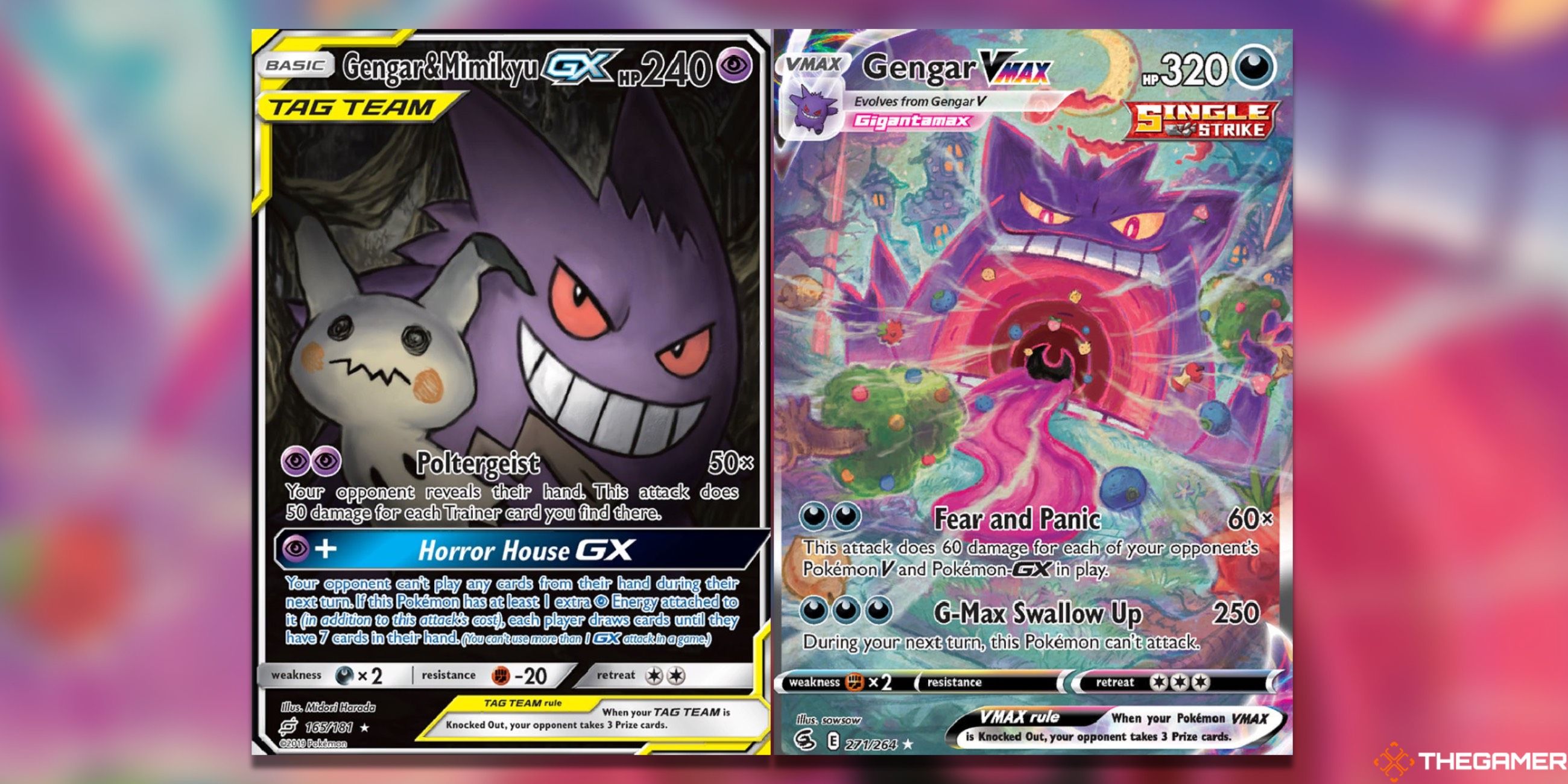
Related
Pokemon TCG: The 12 Most Valuable Gengar Cards
The valuable Gengar cards take the cake in the quest to be the best.
Kudo’s art style is perfect for Pokemon such as Chansey; however, it also works for less typically “cute” Pokemon such as Aegislash and Dusclops. Their use of shape excels in the Alolan Marowak card, as the Pokemon resemble artwork found in ancient civilizations.
12
Yuu Nishida
Yuu Nishida has been an illustrator for the Pokemon TCG since 2019 and won the first Pokemon Card Game Illustration Grand Prix. In a conversation regarding the illustration contest, Nishida said that, as an illustrator, her goal is “to draw illustrations that fill the viewer with warmth.”
This warmth is definitely apparent in Nishida’s illustrations, as her use of vibrant colors brings both Pokemon and Trainers to life. Nishida’s Dedenne card is an excellent example of this, as the flora in the background complements Dedenne’s orange fur while creating an almost whimsical scene.
11
Asako Ito
An illustrator since Sun and Moon, Asako Ito’s cards are incredibly unique, as instead of depicting the Pokemon through traditional means, Ito creates amigurumi (3D crochet) versions of the Pokemon.
Ito’s 3D creations pop out in their respective environments, with even the backgrounds being created using felt, wool, and other materials. When looking at Ito’s cards, you can see the hard work that went into every stitch, especially in minor details such as Poliwag’s swirl and Munna’s pattern. The use of amigurumi is a great way to make Ito’s cards stand apart, as the pieces have a tangibility that can’t be recreated in 2D art.
10
Hitoshi Ariga
Hitoshi Ariga is a man whose talents stretch farther than just the TCG. In fact, his art has been featured in a vast range of media. Ariga has illustrated several of the Megaman manga (and designed a few robot masters in Megaman & Bass), a Klonoa manga, provided art for many SNES classics, and is responsible for designing some fan-favorite Pokemon such as Tyrantrum, Corviknight, and Pangoro. This isn’t an exhaustive list, mind you.
His work is extremely well-polished; the intense scenes and beautiful lines in his card art really give away his background in manga illustration.
9
Aya Kusube
As a children’s illustrator, Aya Kusube’s art style makes the Pokemon depicted look as though they wouldn’t be amiss among the pages of a fairy tale. Kusube began delivering as soon as she joined the illustration team — some of her earliest cards are, without a doubt, some of her best.
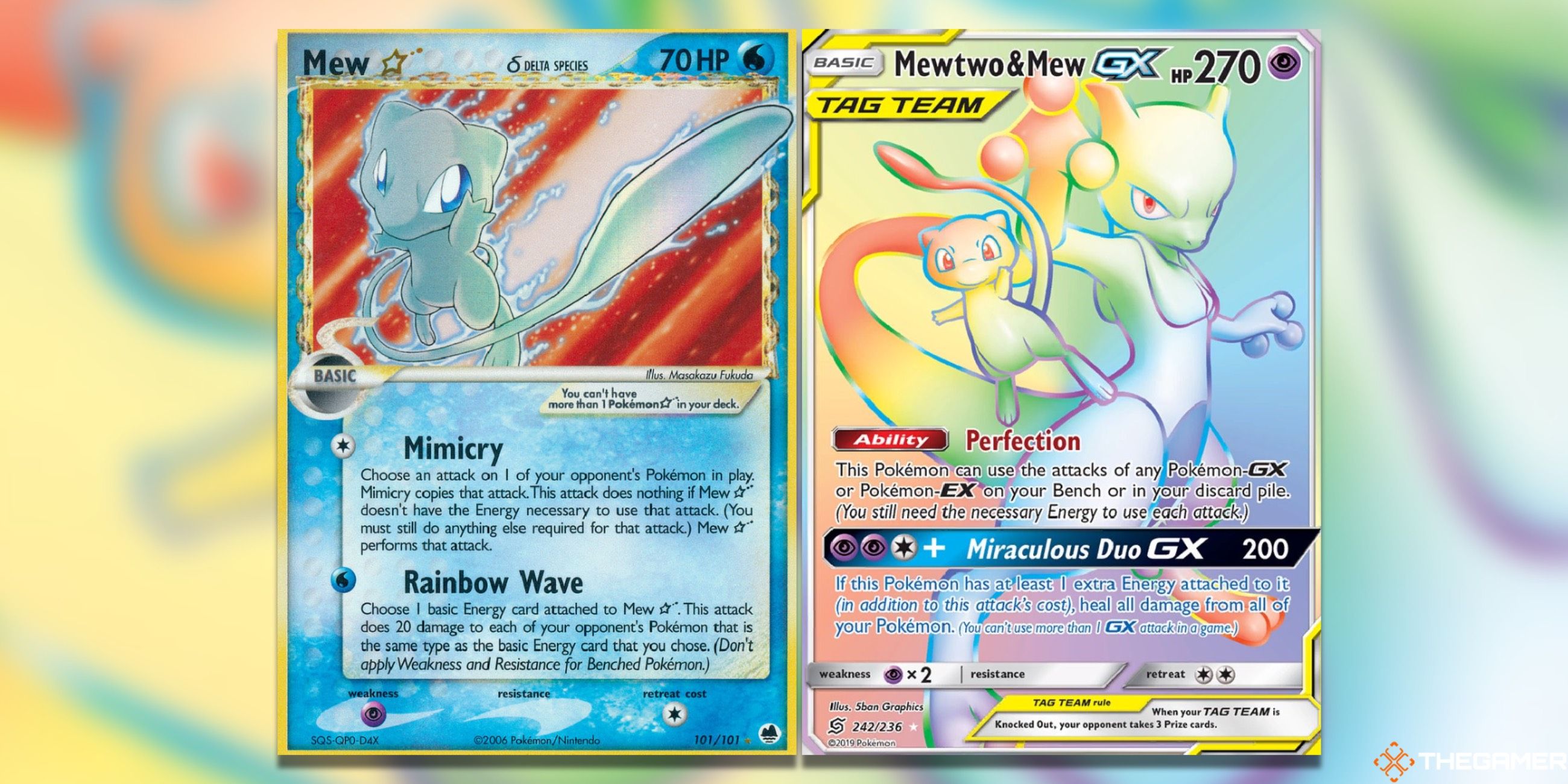
Related
Pokemon TCG: The 10 Most Valuable Mew Cards
Mew is one of the most popular Pokemon in the TCG with incredible cards from different generations.
These cards were for the Japan-exclusive Vending series and followed a pattern of beautiful landscapes with small Pokemon used more as accent pieces than focal points. And it works — it really, really works. As production continued, the quality never dipped, even to this day.
8
Kagemaru Himeno
Series veteran Kagemaru Himeno is an all-time fan favorite, with an art style that, though seeming to be constantly in flux, never misses a beat.
Earlier pieces, such as the Lanturn and Gyarados, follow the early Pokemon card formula of watercolor on a gradient background (and nail it), whereas her later pieces are sharper but still show off her eye for color. Bonus points for being one of the few artists that color Poliwag dark blue.
7
Kawayoo
The illustrator creating perhaps some of the most dynamic art in the series is Kawayoo. Beginning his career in the Pokemon TCG with three beautiful cards in Rising Rivals — Hippopotas, Walrein, and Nidorino — Kawayoo has continued in his trademark style of using every inch of the image to create something that feels very fluid and high-action, as though the viewer has paused a John Wick movie.
Take Kawayoo’s Team Aqua’s Sharpedo card, for example, which shows off the ferocity of this Pokemon as it looks ready to swallow the Team Magma grunt whole. Sharpedo’s ginormous mouth, lined with teeth, is the highlight of this card’s artwork.
6
Naoki Saito
Not only a fantastic artist for the Pokemon TCG but Duel Masters as well, Naoki Saito injects a tremendous amount of character into everything he draws. This would explain the amount of full art trainer cards he’s responsible for, too.
One could easily mistake his cards for being drawn by completely different artists, but it seems Saito is a jack-of-all-trades and can change his style to suit the desired tone of the piece. What’s more, his work for Duel Masters is also completely different stylistically from any of his work with Pokemon.
5
Sowsow
Most Pokemon Sowsow illustrates are protected by this soft white silhouette and are often made to look a little cuter than usual without coming off as sickly sweet. Sowsow has produced art for a range of children’s stories and textbooks, and it really shows in their work for the TCG.
Sowsow showcases the adorable nature of most Pokemon, as their use of soft colors and facial expressions highlights their cuteness, with the Pokemon often being depicted in natural environments.
4
Tokiya
Everything Tokiya draws looks dangerous. In a really, really good way. Teeth look sharp; glares look menacing; claws could tear you to shreds. Much like Kawayoo, most of Tokiya’s art is extremely dynamic, with lots of mid-battle shots.
Unlike Kawayoo, however, Tokiya tends to use thick black outlines for their characters, which really contributes to making these illustrations as impactful as they are. Everything about their work hits hard, even their name, which is stylized on the cards as TOKIYA.
3
Tomokazu Komiya
Komiya is very much a love-it-or-hate-it illustrator. Fans will complain that his work looks weird or unnatural, whereas others will praise its non-adherence to the norm and comic exaggeration of features. Without a doubt, Komiya has produced some of the most expressive-looking Pokemon cards to date. Instead of every Pokemon looking like it’s ready to battle (as so many do), the Pokemon Komiya draws often show incredibly humanlike expressions.
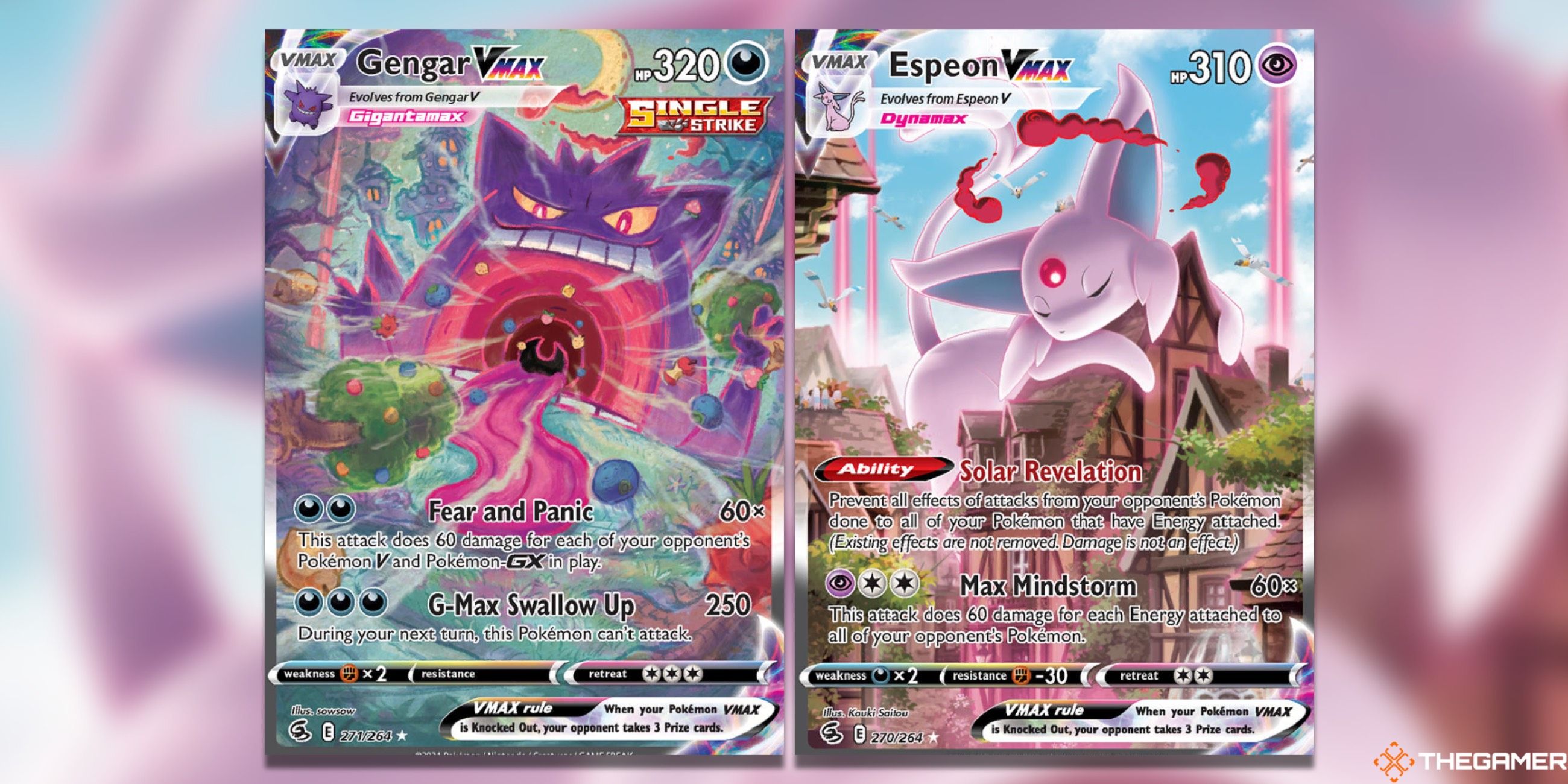
Related
Pokemon TCG: The 12 Most Valuable Cards In Fusion Strike
From the Gengar VMAX alternate art, to Mew, Espeon, and every Pokemon in between, these are the most expensive cards from Fusion Strike.
Komiya’s work is particularly wonderful in that there is always something going on in the background — there is never a reliance on a solid color or gradient — and the Pokemon is almost always interacting with it in some way, shape, or form.
2
Yuka Morii
Whether you know them as the ‘clay’ cards, ‘toy’ cards, or ‘cake’ cards, Yuka Morii’s cards are certainly memorable. There are now around 200 illustrators that have worked on the TCG; for an artist to be a fan favorite, it must mean they’re pretty special. Morii fills that requirement and then some.
It isn’t uncommon to see a fan posting about their clay card collection in online TCG communities, and who can blame them? Her sculptures are charming, and with over 150 cards to her name, the amount of work that must’ve gone into this is pretty astounding.
1
Mitsuhiro Arita
It had to be, didn’t it? Mitsuhiro Arita has been around since the inception of the series and is instantly recognizable. His art is often ultra-detailed, using light to highlight the focal Pokemon but not detracting from his impressive background work.
Without a doubt, Arita is one of the most beloved and most collected artists in the series. And he has a folder full of every card he has ever illustrated. He’s the artist behind some of the most recognizable cards in the TCG, including the infamous Charizard card and one of the first Pikachu cards.
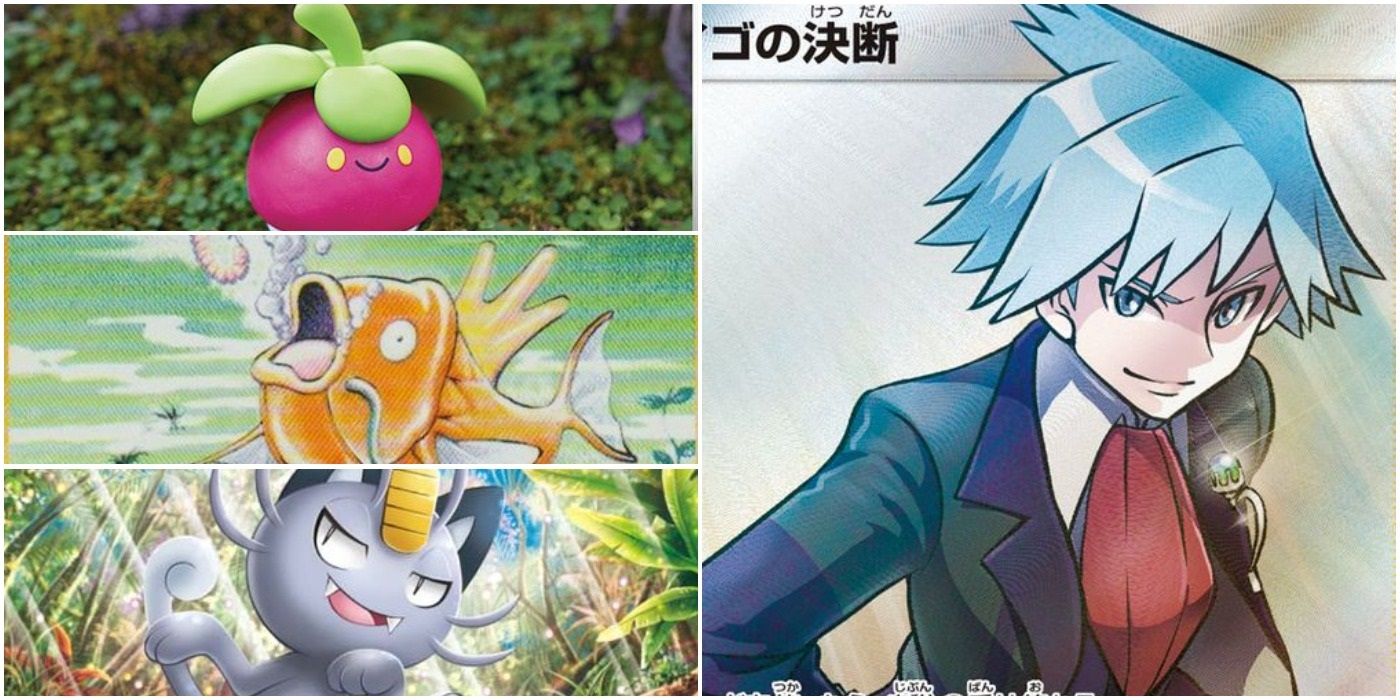
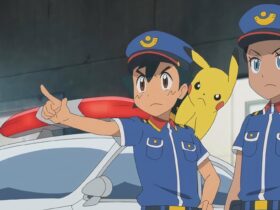
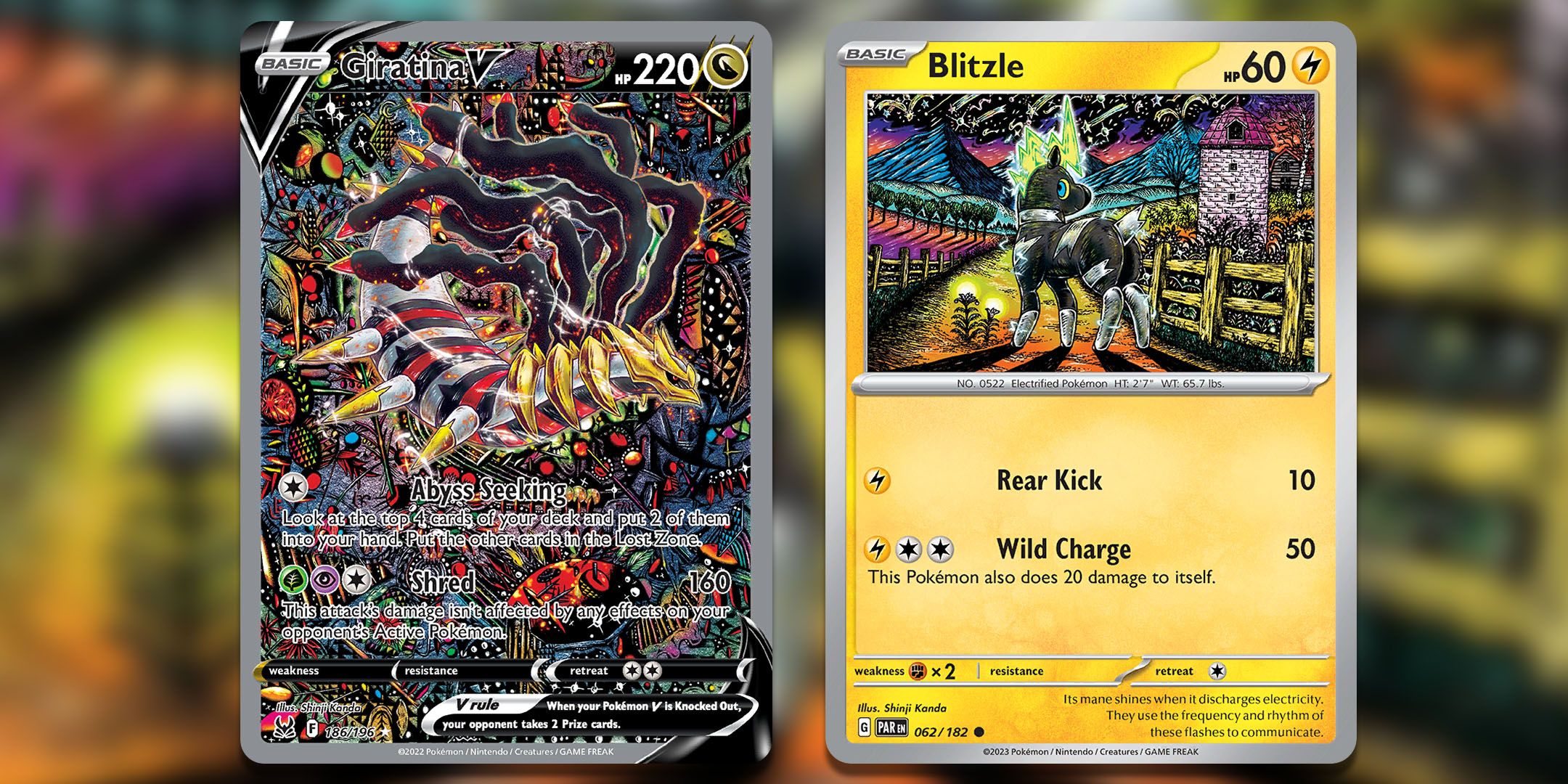
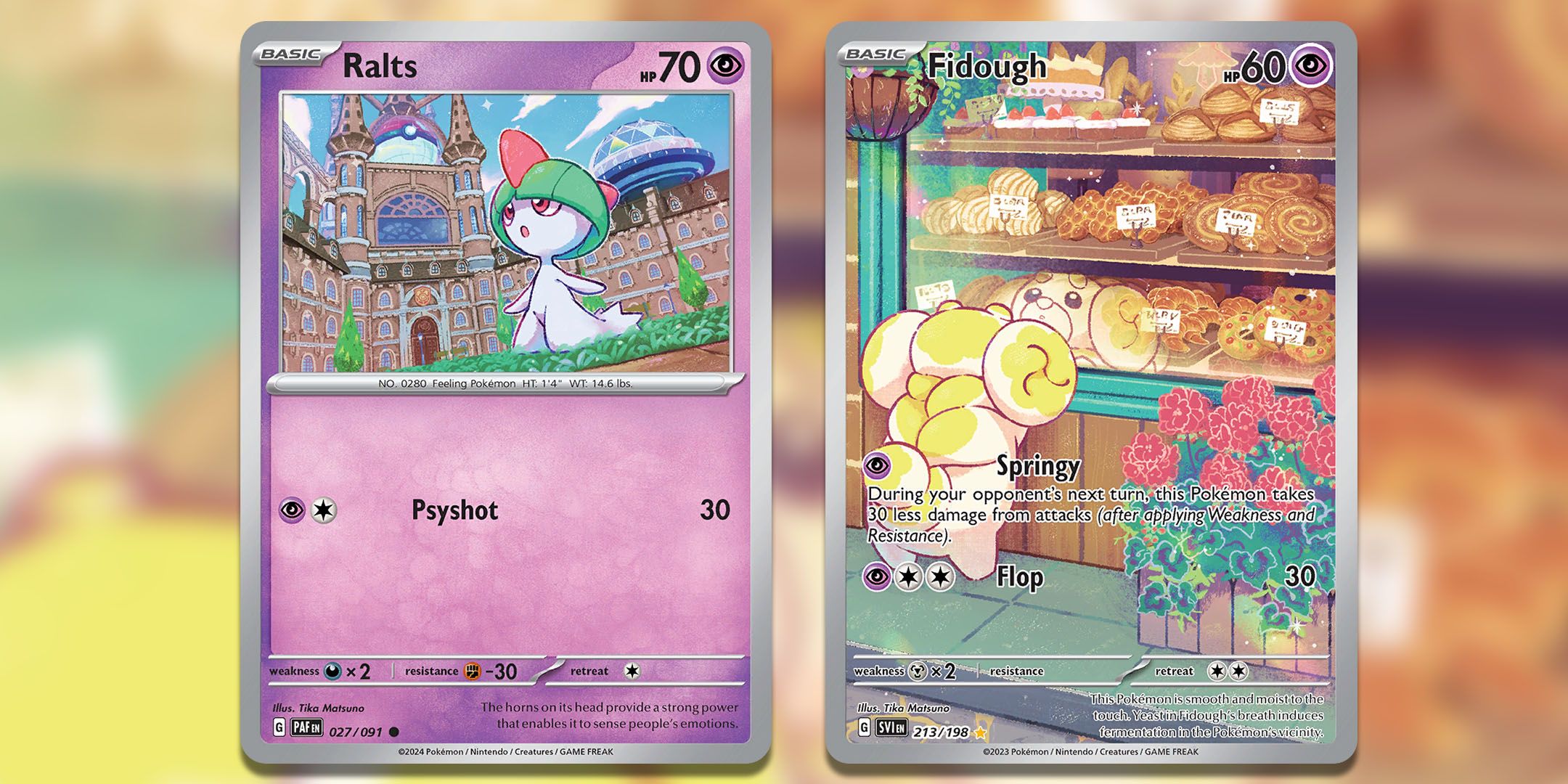
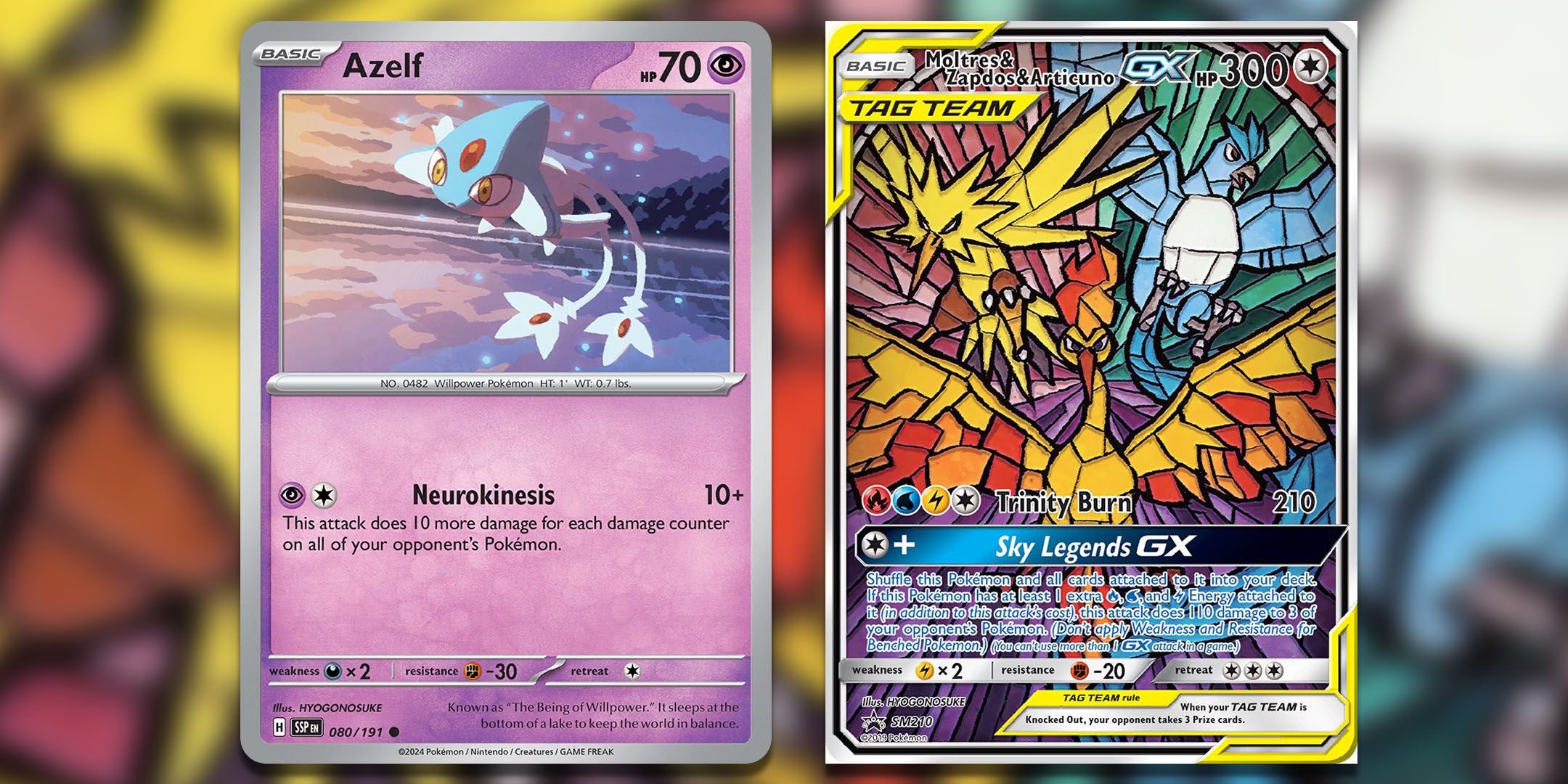
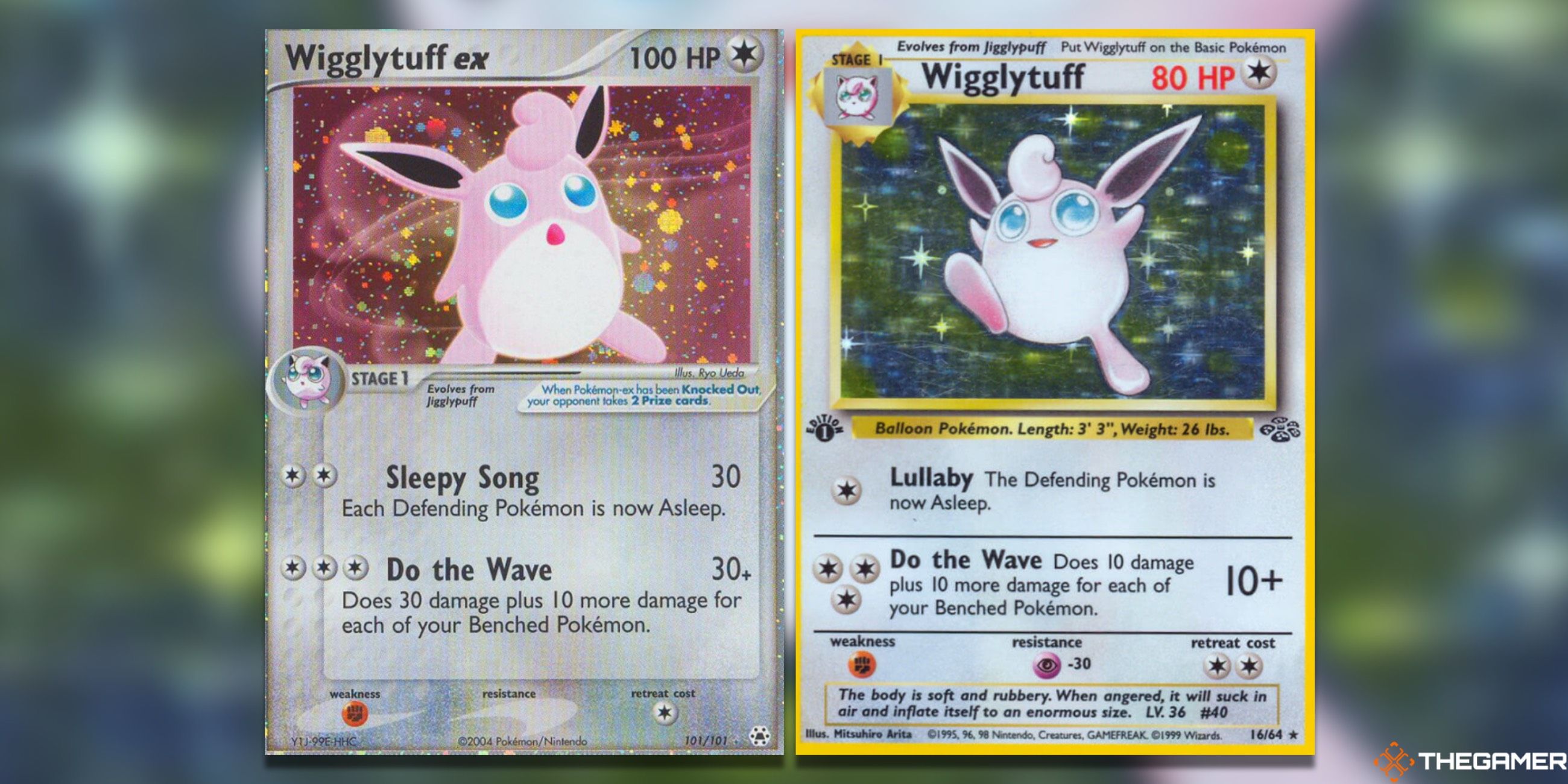
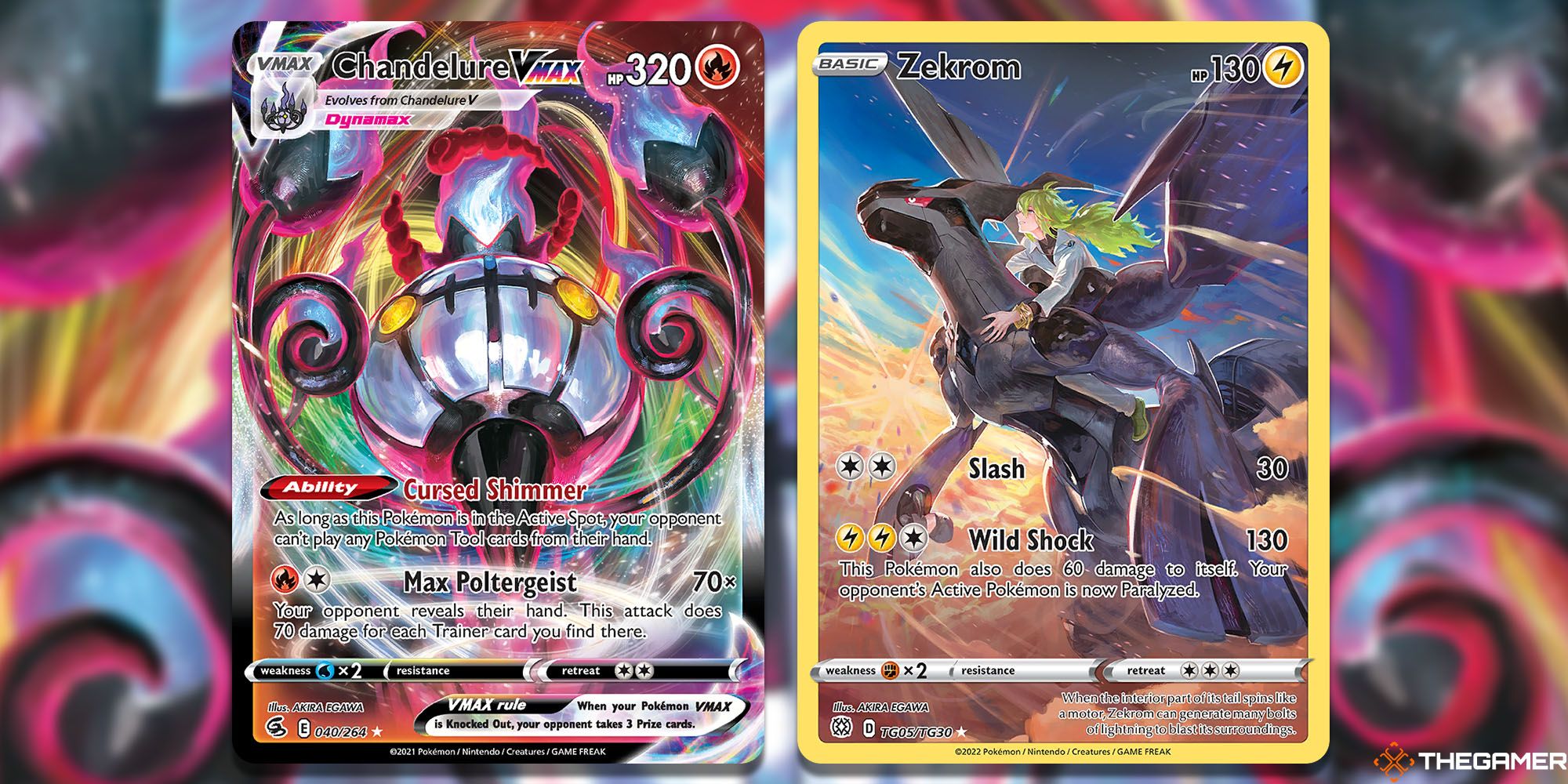
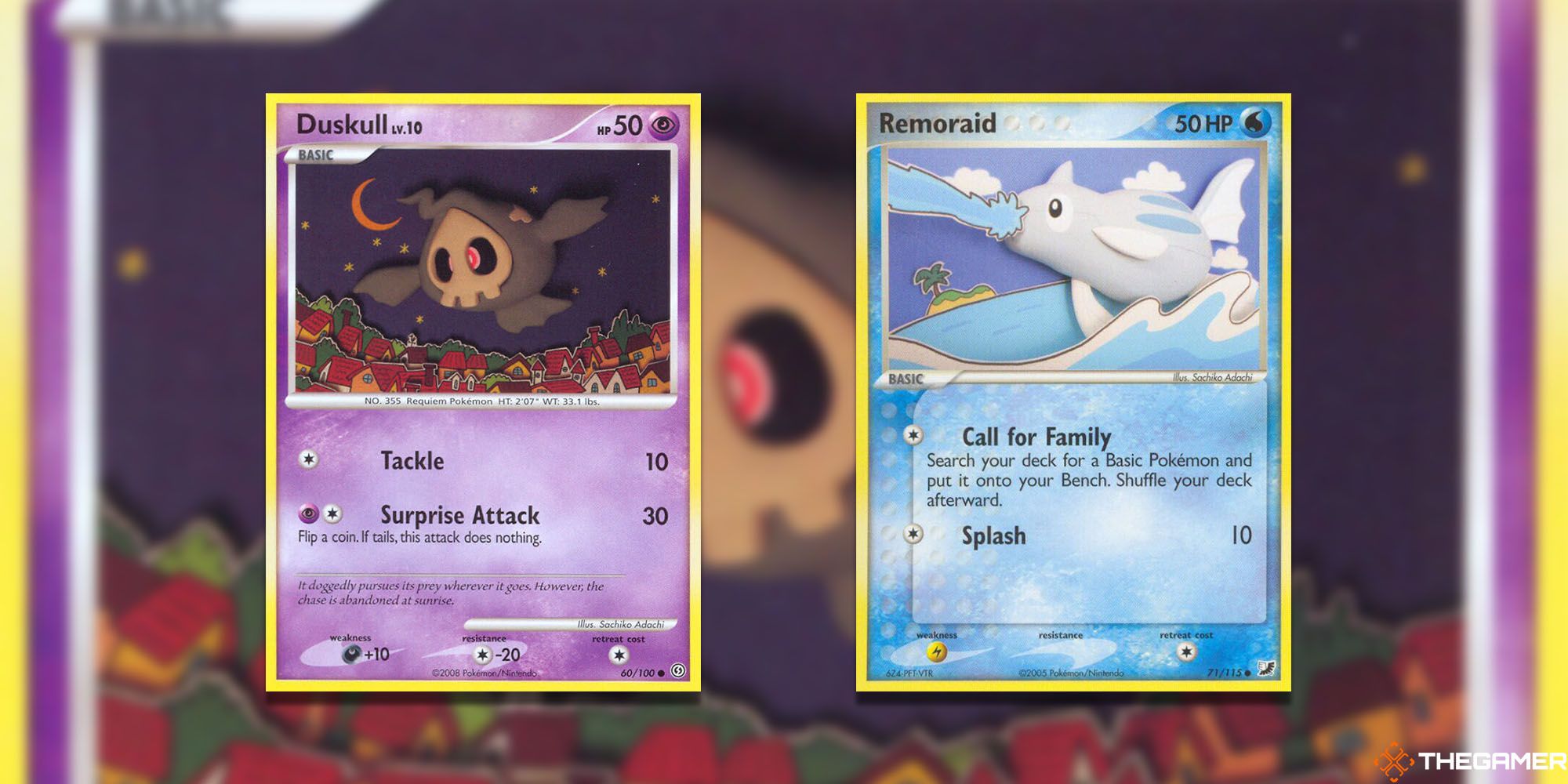
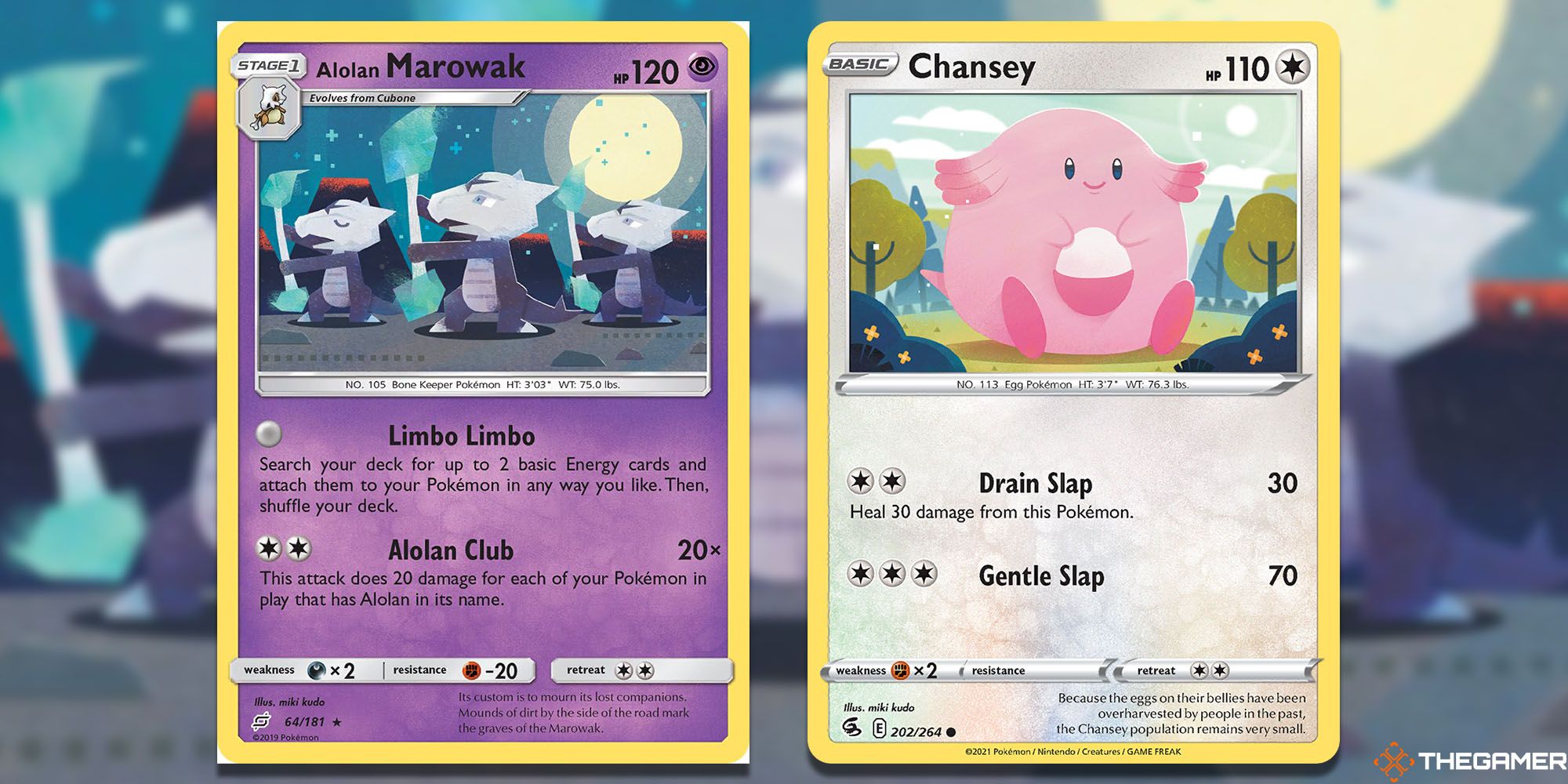
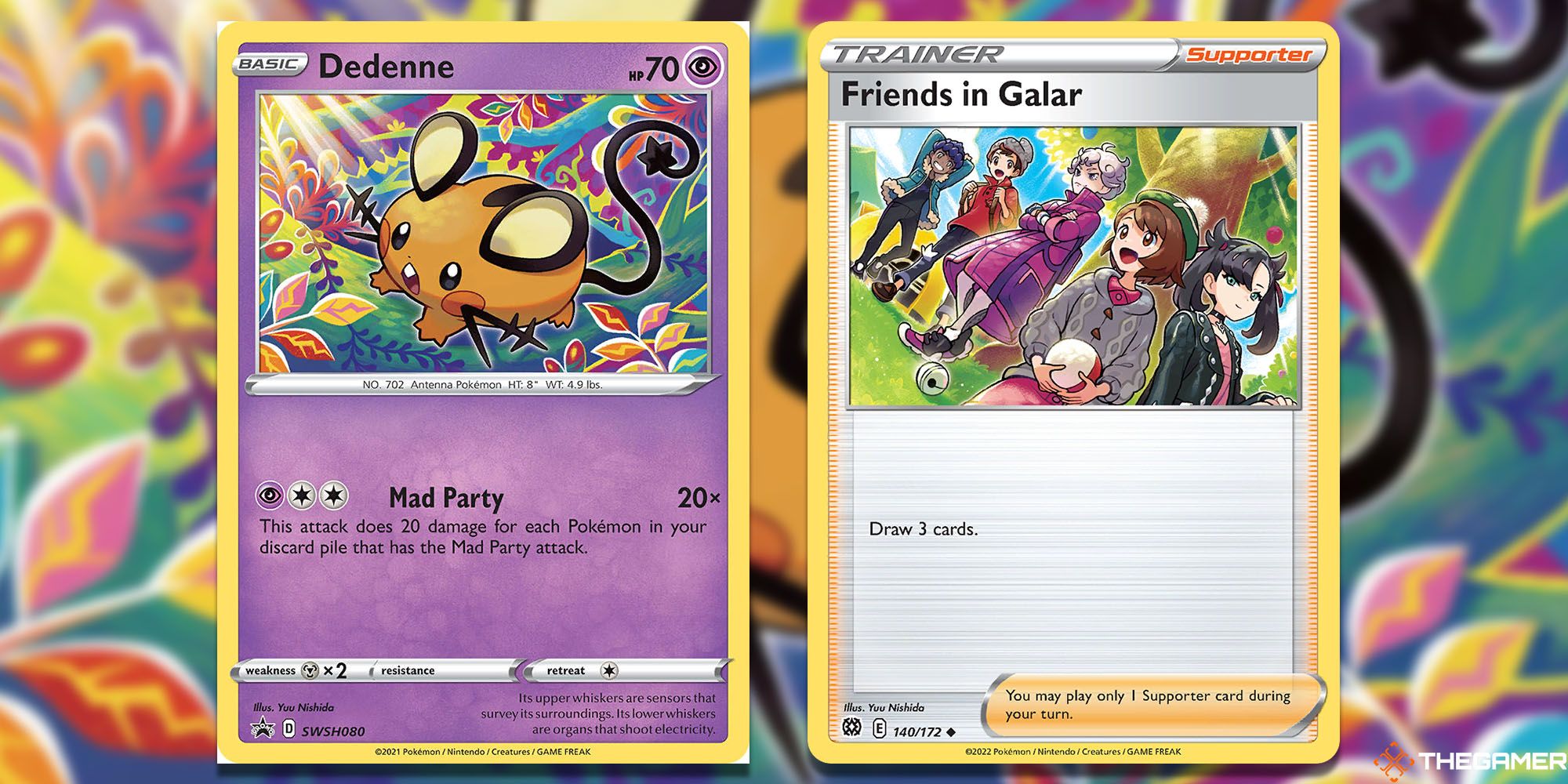
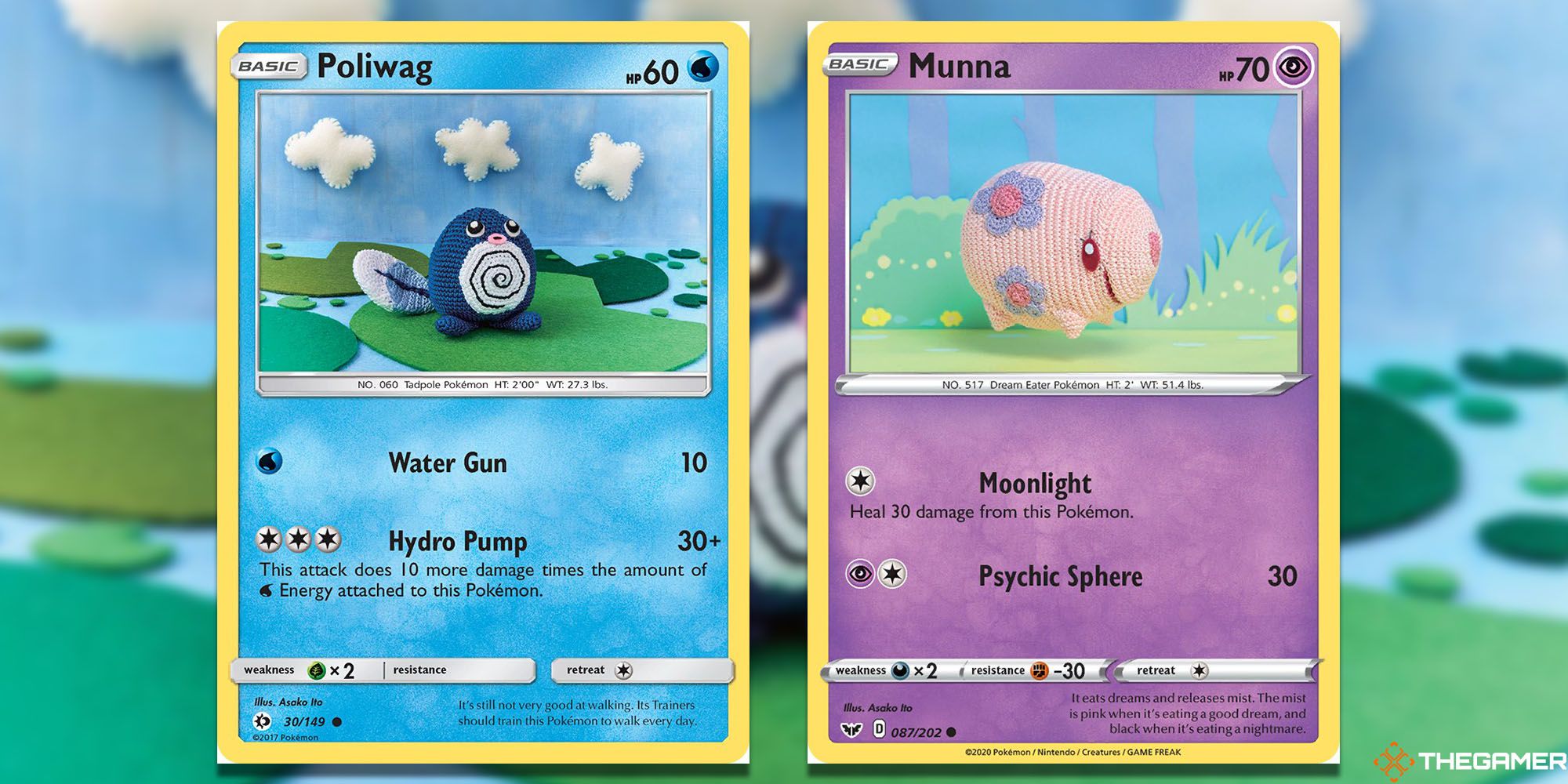
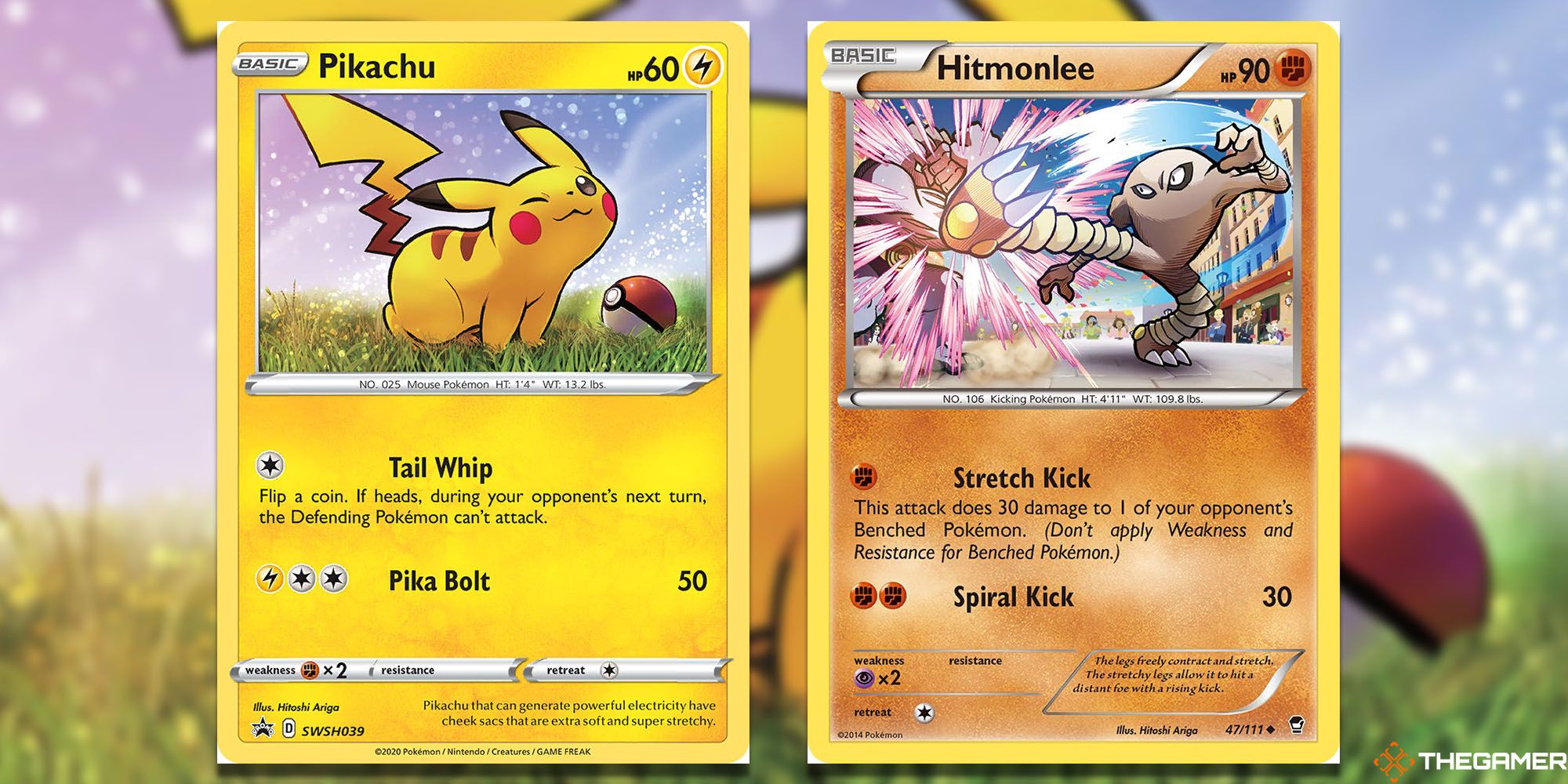
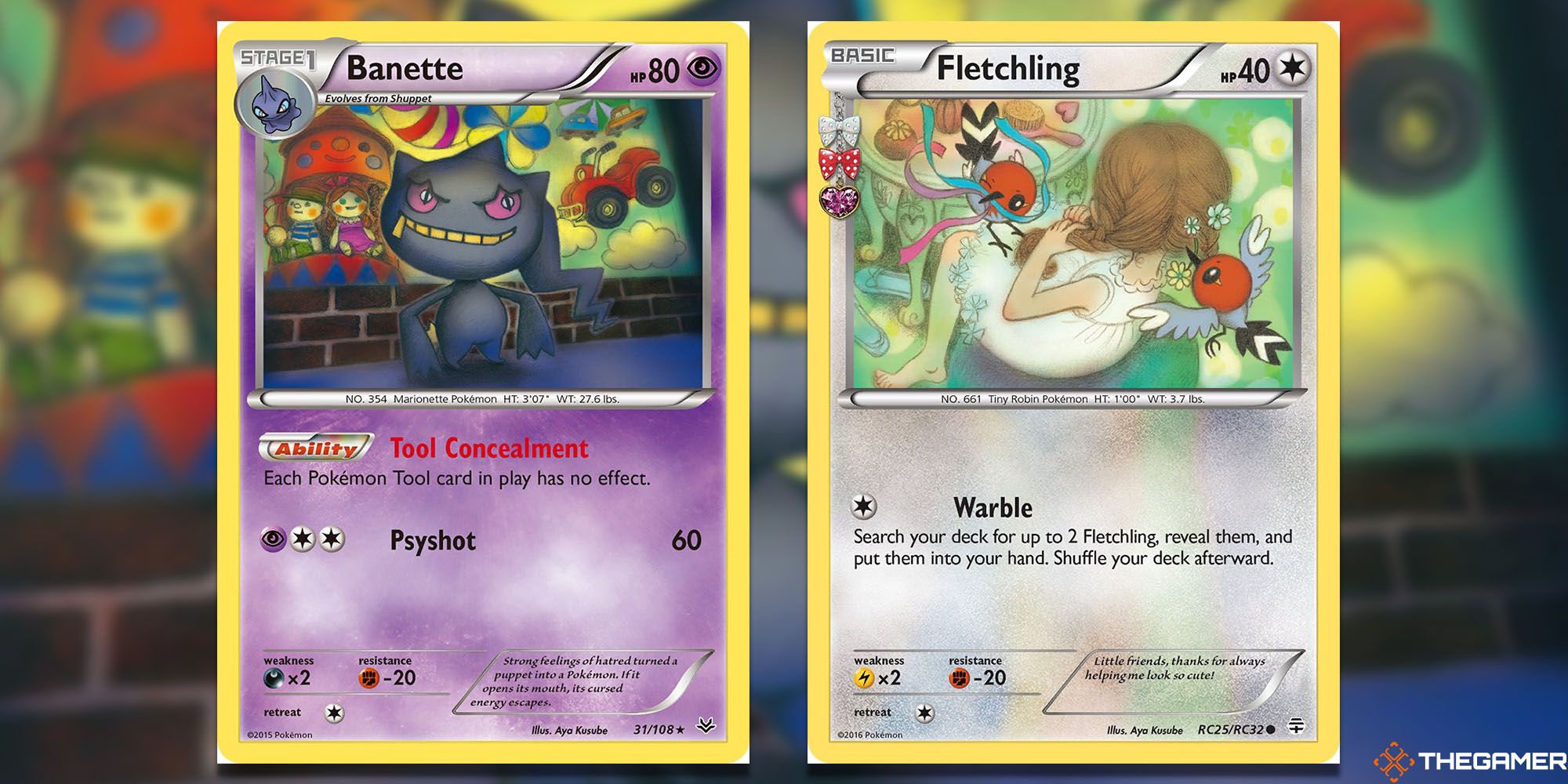
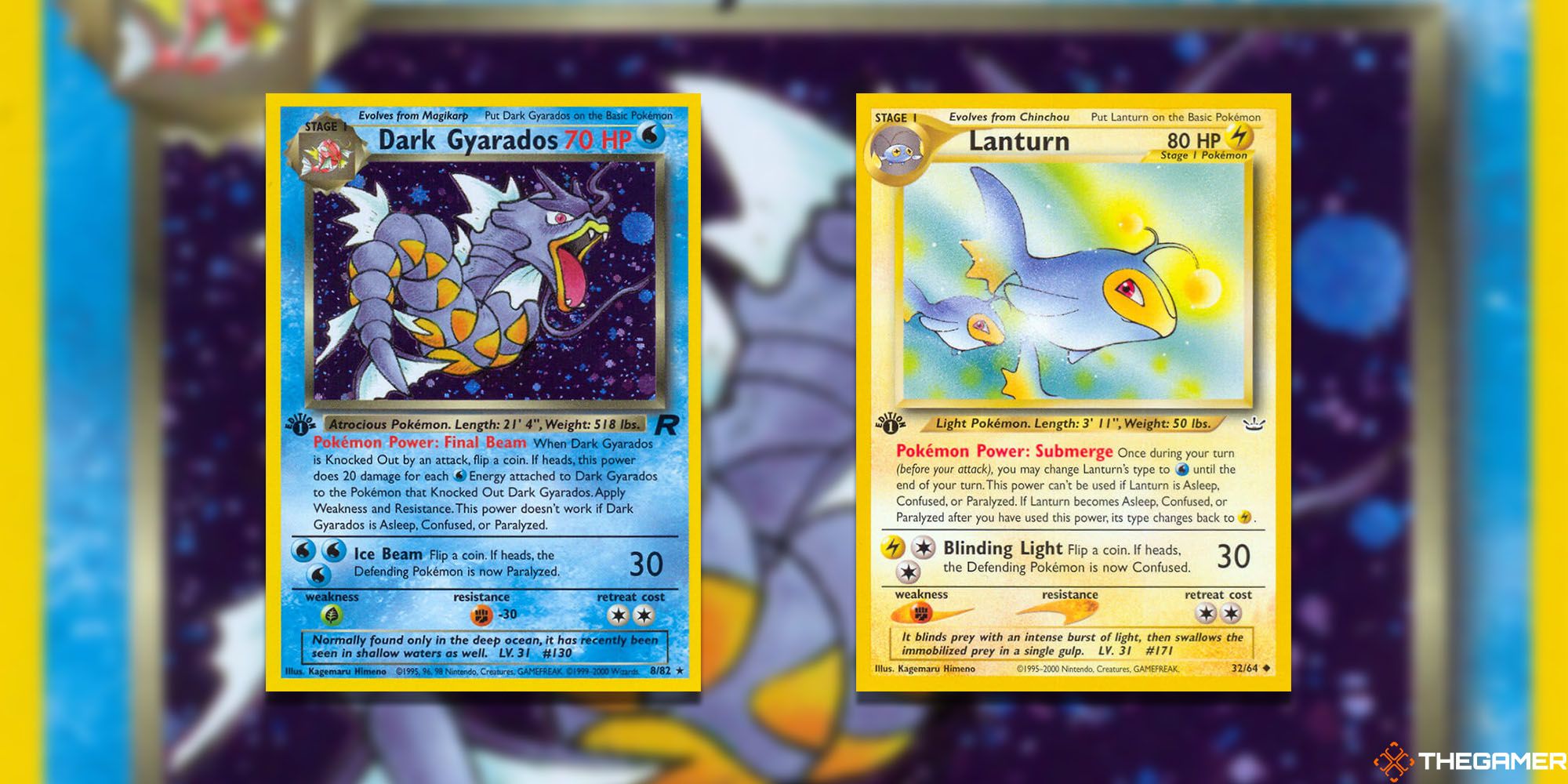
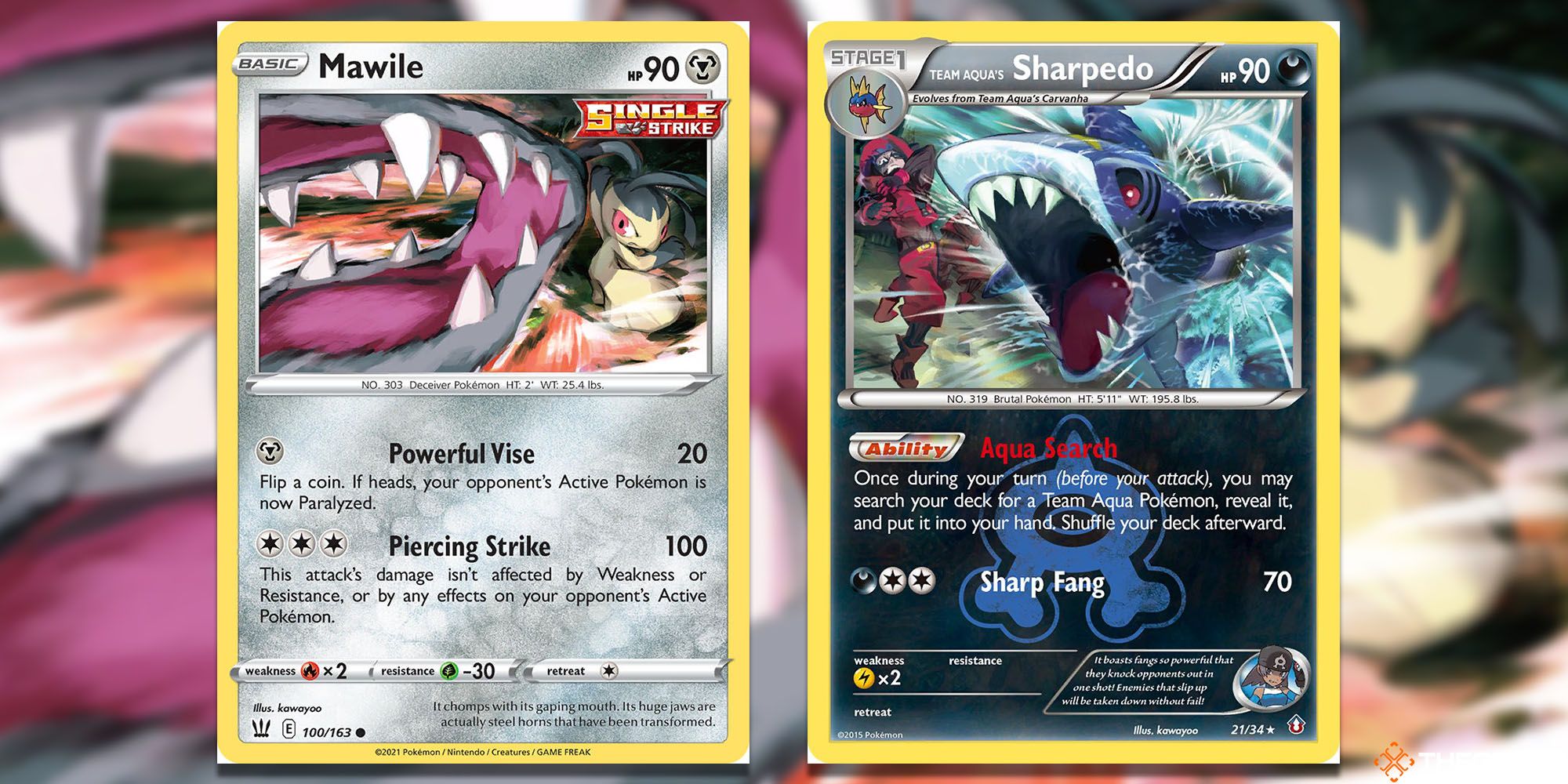
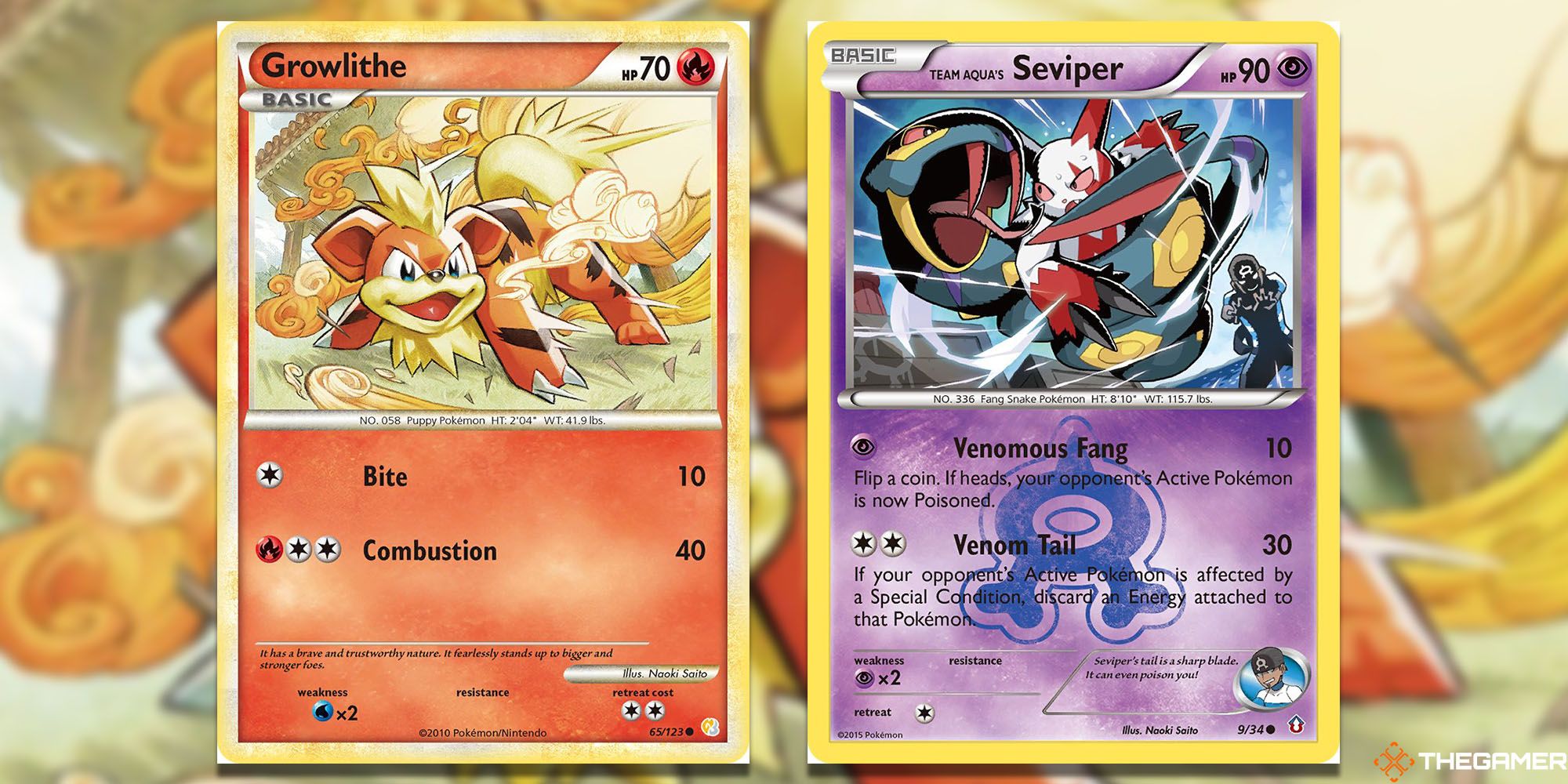
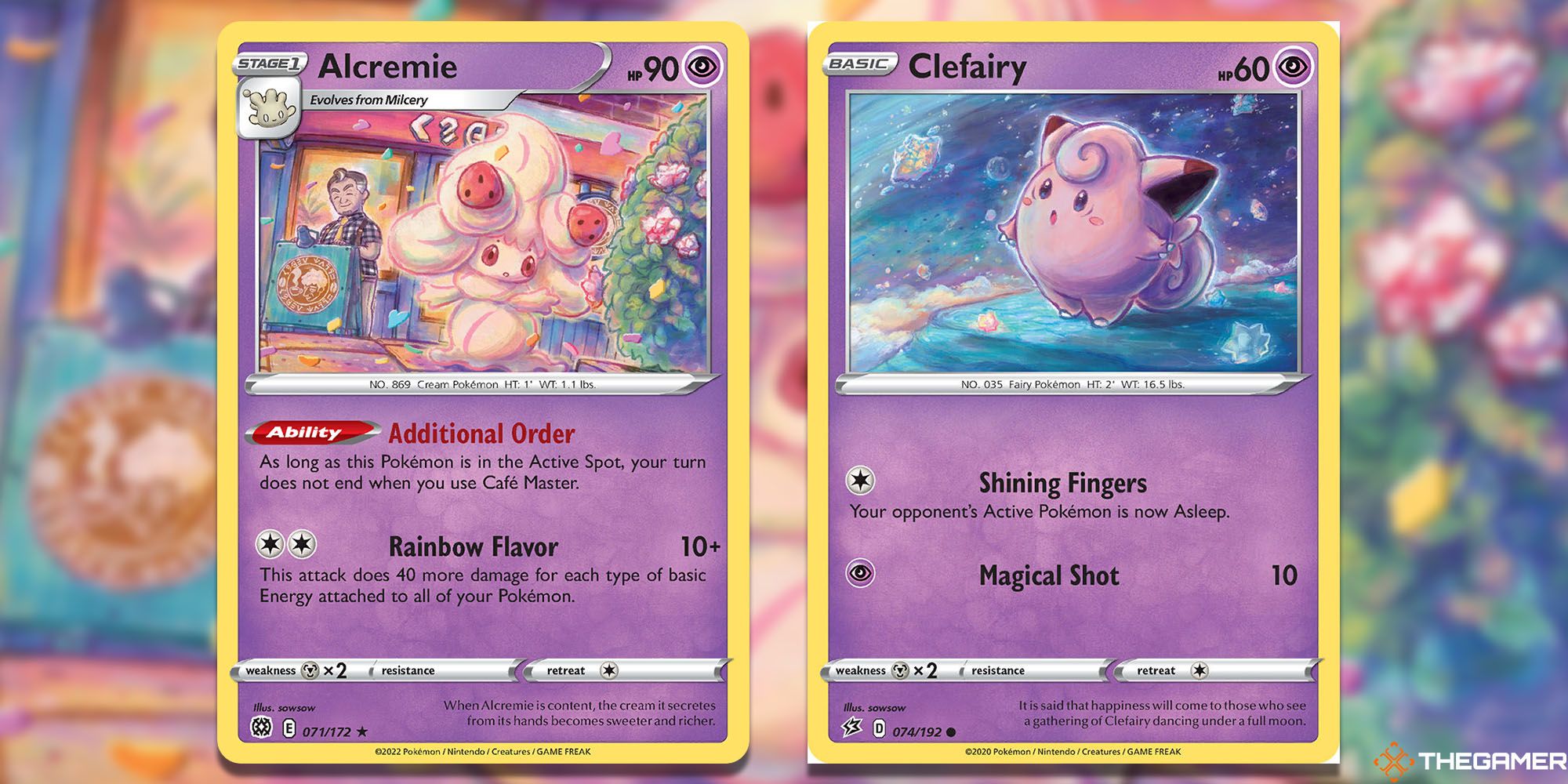
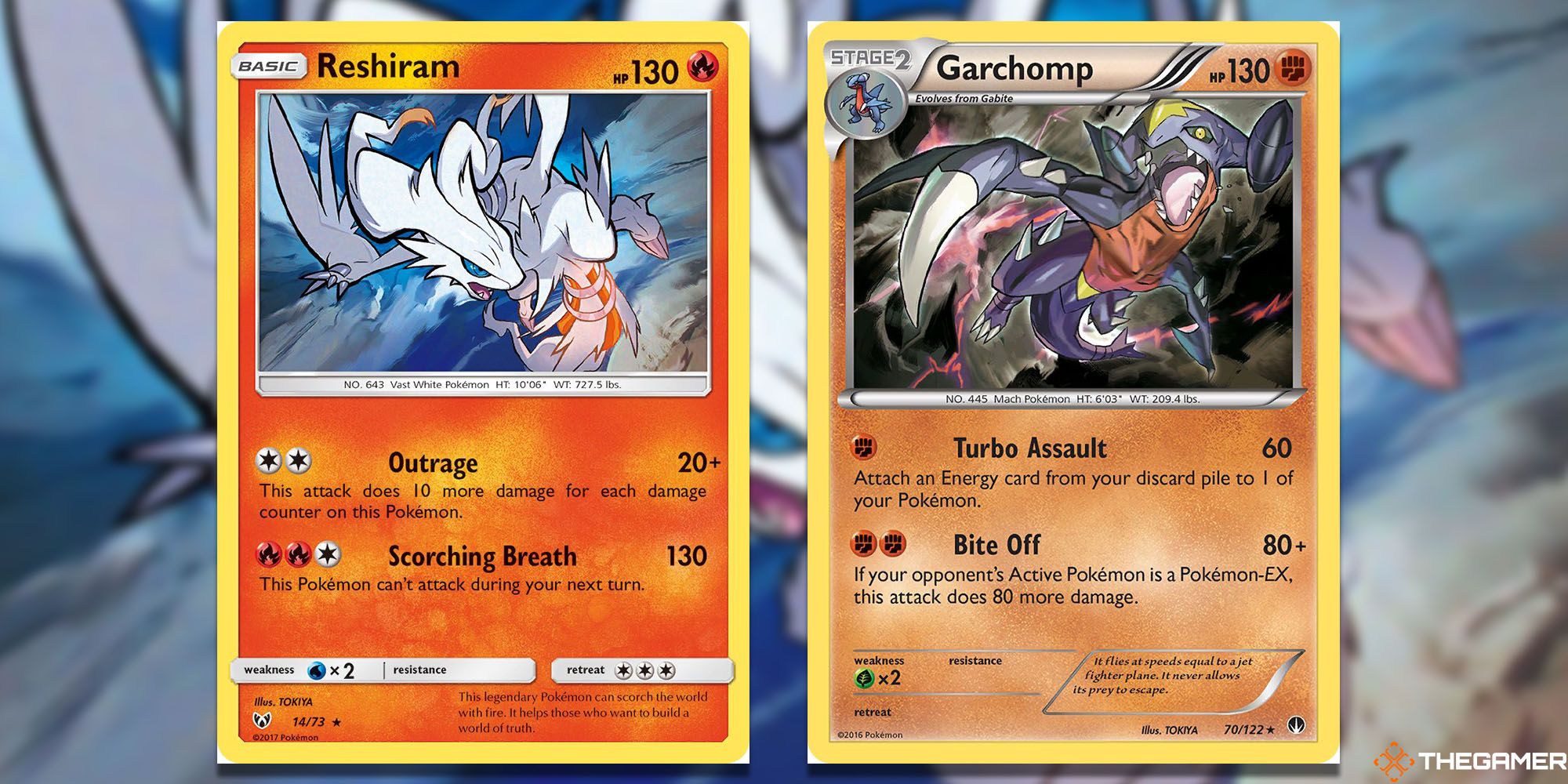
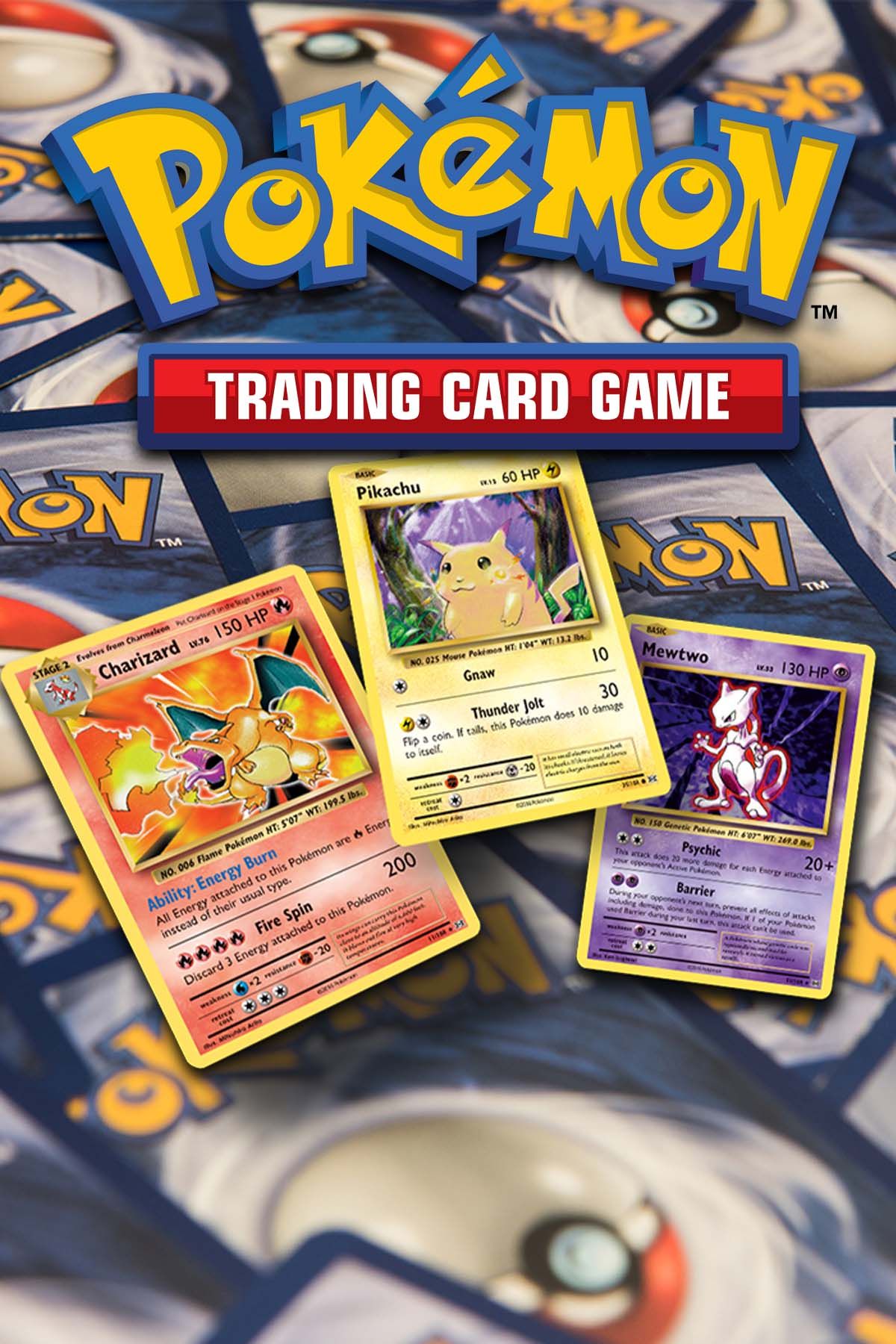

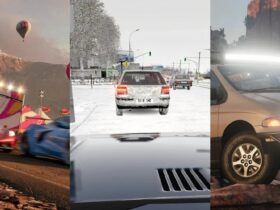
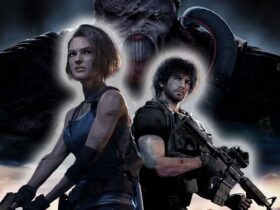
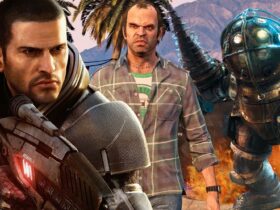
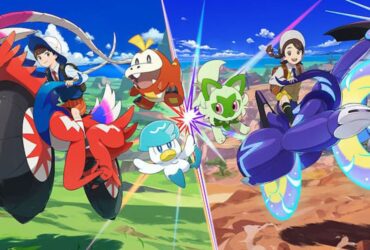
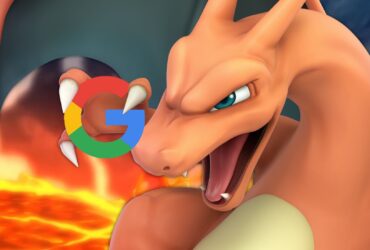




Leave a Reply